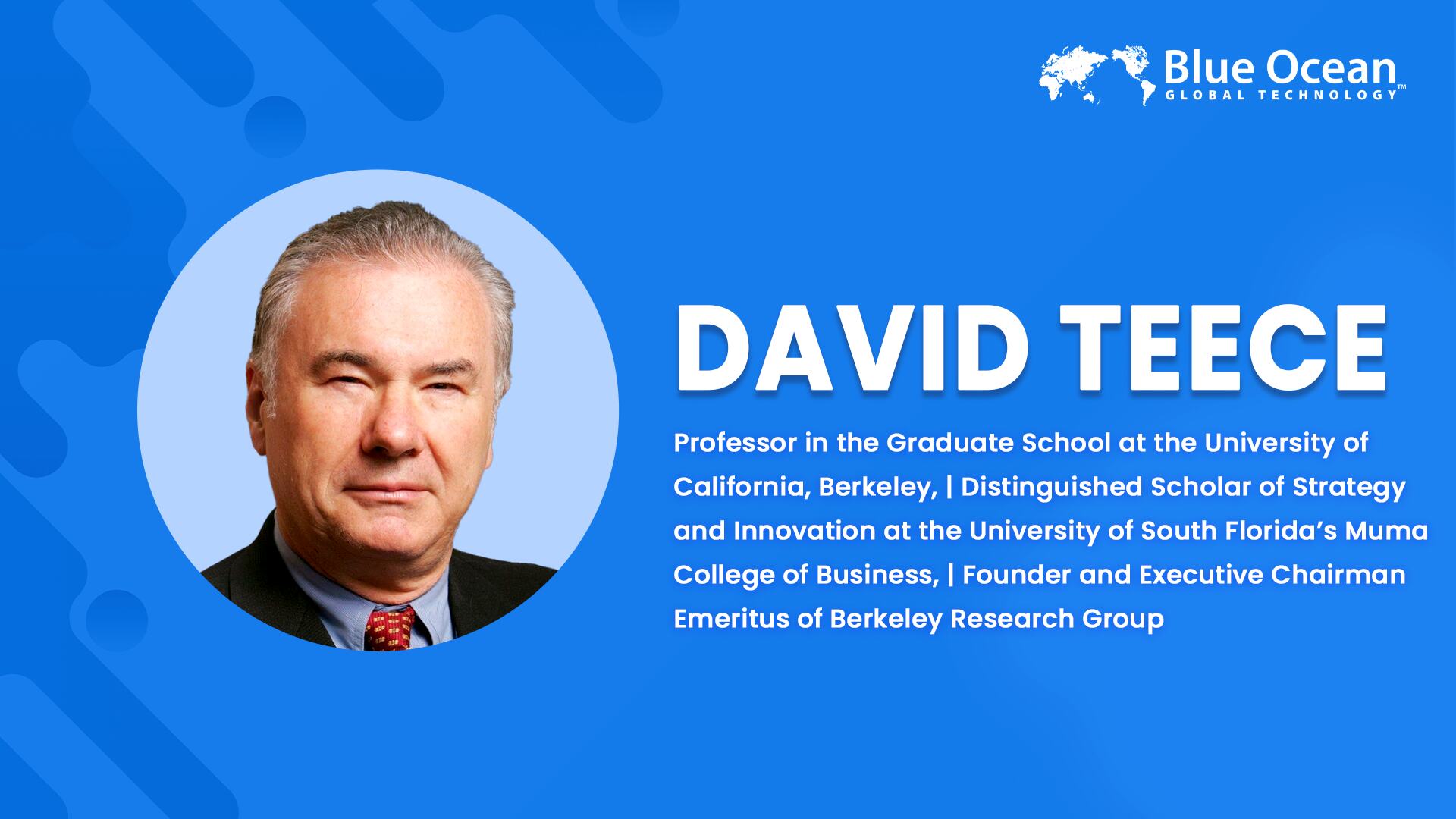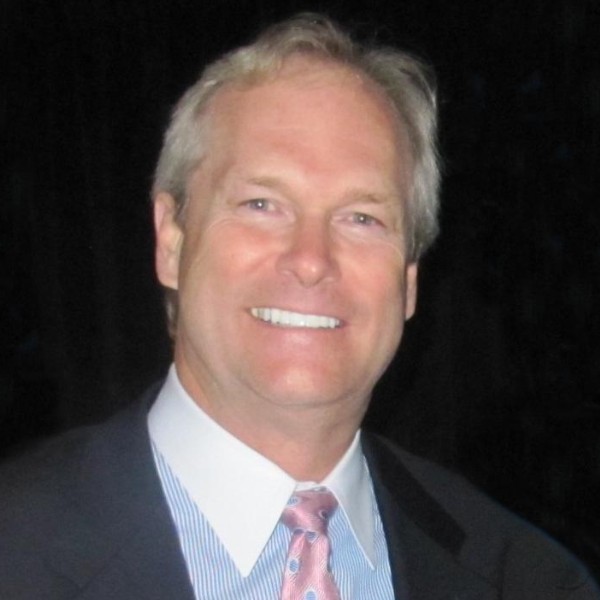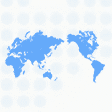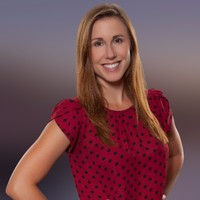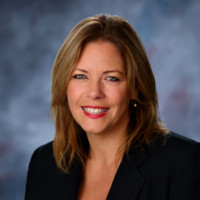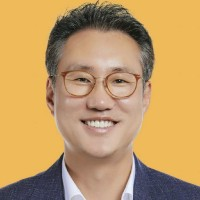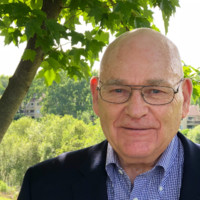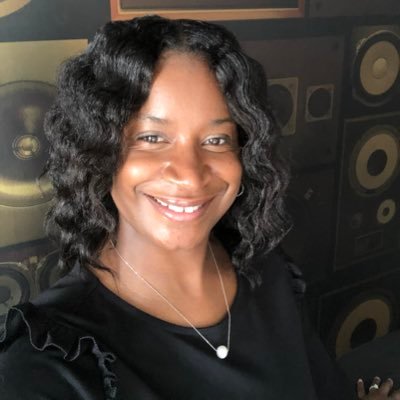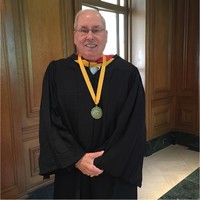About David Teece

David J. Teece is a Professor in the Graduate School at the University of California, Berkeley, and Distinguished Scholar of Strategy and Innovation at the University of South Florida’s Muma College of Business. A renowned scholar-entrepreneur, he is the founder and executive chairman emeritus of Berkeley Research Group, a global advisory firm with more than 1,500 professionals. Teece advises governments and corporations worldwide and has shaped innovation and competition policy through his groundbreaking research. He developed the influential “dynamic capabilities” framework and introduced the concept of “dynamic competition,” helping leaders understand how firms create and capture value amid technological and geopolitical uncertainty. Ranked as the world’s #1 management scholar by Clarivate and recognized by Thinkers50 as a Distinguished Management Thinker, Teece is also a successful entrepreneur, having built three startups to considerable scale and actively investing in venture capital. He combines academic insight with practical strategy to guide organizations navigating change and complexity.
Blue Ocean: Tell us about your professional journey—what inspired you to pursue this industry?
David Teece: I came to the United States from New Zealand to pursue a PhD in economics. At the time, my career goal was to join the Young Professionals Program at the World Bank and focus on economic development. While completing my doctorate at the University of Pennsylvania, I did not see myself becoming an academic, but I received offers from MIT, Stanford, and Princeton. I chose Stanford Business School, where I began teaching, writing, and researching about the work I truly love when I was just 26 years old. My students were often much older.
Being in Silicon Valley and rubbing shoulders with founders and executives exposed the gap between traditional economics and real-world practice. At the start of my career, my MBA students brought good, practical questions to class that textbook economics didn’t address, let alone answer. I realized that the students didn’t have silly questions; but the textbooks had inadequate answers or no answers at all. This was particularly true with respect to what I was teaching: the theory of the firm. This pushed me to reframe economics around innovation and competition, which led to the three frameworks that I am now recognized for: dynamic capabilities, profiting from innovation, and dynamic competition. The one that has ballooned the most is “dynamic capabilities.” The other is what I call the Profiting from Innovation Framework, which was based on a 1986 paper that I published in “Research Policy.” The third is what I call “Dynamic Competition” which has a public policy orientation. Some of these frameworks were slow to take off, while others gained traction more quickly. To make progress, you often need tenacity, stubbornness, and a new paradigm. Eventually, if you are tenacious, you can produce something lasting, and that has been my goal.
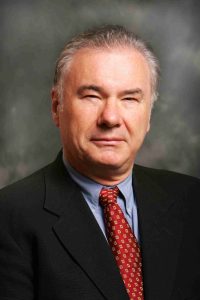
Blue Ocean: What does a typical day look like for you as someone active in academia, research, and business leadership?
David Teece: There is no such thing as a typical day for me. My work spans teaching, research, consulting, company-building, and venture capital, and each feeds into the other. I believe my academic success comes from conceptualizing in creative ways about complex business phenomena, writing about relevant, real-world problems I’ve experienced firsthand. My approach is more inductive than deductive.
For years, I have had a half-time tenured professorship at the University of California, Berkeley while also running companies. I even served as the CEO of publicly traded companies while holding a half-time professorship. Balancing the two wasn’t easy, but it kept my research well-grounded. At times, I publish less, but when I do, it reflects insights tested against practice.
Blue Ocean: Which emerging trends in your industry most excite you?
David Teece: AI is both exciting and unsettling. A colleague of mine built a digital twin of me training it on my published work and slide presentations and podcasts. Because I have published over 200 peer-reviewed papers, 20 to 30 books, as well as presentations and slideshows, it is possible to train an AI model on my work. In tests, it performed like a first-year doctoral student. Soon, AI will be able to operate at the research frontier, and it’ll raise big questions about expertise and authorship.
I am also drawn to climate solutions as in my view these lie in low-cost, safe, and environmentally sustainable energy storage. Solar power is already abundant and inexpensive, but storage is the missing piece. That’s why I invest in developing advanced battery technology that can meet this need. Reliable, inexpensive, and “green” storage is essential if we’re serious about tackling climate change.
Blue Ocean: What do you believe is the key to your success, and how do you stay ahead in such a competitive environment?
David Teece: Growing up in New Zealand gave me independence and resilience. Spending time outdoors made me bold and less easily intimidated, which later helped me face the world of ideas.
Becoming financially secure at a young age also gave me the freedom to take risks and challenge conventional wisdom without fear of losing stability.
Another part of my upbringing was an emphasis on good writing. Complex problems often require complex solutions. You cannot solve them unless you understand them in all their multifaceted glory. I’ve always worked to make my work multidisciplinary and at the same time accessible to a broader audience.
Yet, writing is not enough. Tenacity, hard work, a strong network of friends, and a love of listening to others and reading the greats have all mattered. My fascination with ideas, the history of economic thought, and multidisciplinary intellectual frameworks has been an advantage, especially since many people are technically skilled but narrowly trained.
My multidisciplinary training gave me a big picture lens that’s useful when facing messy, interconnected problems. It’s a mix of independence, persistence, and genuine fascination with ideas and wicked problems that’s kept me moving forward.
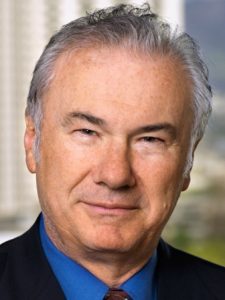
Blue Ocean: What is something unique you offer through your work in academia and consulting?
David Teece: I think what sets me apart in both my advisory work and my role as an expert witness is the way I focus on framing the problem. Too often, people jump straight to solutions without asking if they’re solving the right thing. I have found that discovering the right question is often harder than finding the right answer. I believe problem-finding and problem identification are just as important, if not more so than problem solving. I spend time reframing the issue so it directly connects to what matters, whether that’s to a client or a court. Once the problem is clearly defined, the path forward often becomes much easier.
Clarity is also central to my approach. I try to simplify complex issues without losing their essence, because true understanding shows in how well you can simplify and explain something. That mindset carries across teaching, advising, and research. In many ways, consulting feels like teaching: you work alongside people, helping them confront their challenges while testing your own knowledge. For me, the real value comes from combining problem finding and problem defining. My work on dynamic capabilities reflects this idea that it is about sensing and sense-making, seizing, and transforming. This trilogy applied intelligently can guide organizations in uncertain environments.
Blue Ocean: In your experience, what qualities separate those who excel in their field from those who don’t?
David Teece: To achieve something meaningful, you often have to set balance aside. Olympic athletes, Nobel laureates, and entrepreneurs go through periods of deep focus and commitment where everything else is secondary. A fully balanced life can be pleasant, but it rarely produces world-class results. Real excellence usually requires years of total commitment.
That doesn’t mean you live unbalanced forever. Over time, you can return to balance, but during critical periods, you have to go all in. To become a world-class violinist or a composer, to build a company, or to master a field takes nearly a decade of deep immersion. Tenacity, dedication and sacrifice are what separate those who excel from those who don’t.
Blue Ocean: How do you approach mentoring or guiding those who look up to you?
David Teece: When it comes to mentoring or guiding people who look up to me, I do not give instructions. I let people join me on a journey and see how I am working, hoping that some of the attitudes and viewpoints I hold will rub off on them. From afar, you may have one view of who I am and how I work, but when you get close, you see it in a much more raw fashion and can participate in it.
I am very non-declarative in telling people how to live their lives. If you ask me a question, I will answer it, but I am not offering advice every ten minutes. I engage with people, and that is the way they will learn the fastest, in my view. It is like a master-apprentice relationship. The apprentice works alongside the master for ten or fifteen years to get good at something. I do not think it’s necessary for the master to stop every five minutes and instruct the apprentice. The master may give a small pep talk at the beginning of the day, but it is more about following what “I do rather than doing what I say.”
Blue Ocean: What advice would you give to your younger self as you were starting your career in this multifaceted industry?
David Teece: If I were to advise my younger self at the start of my career, I would emphasize staying respectful, remaining courageous, and not accepting other people’s opinions as absolute truth. Trust your curiosity, take risks, and don’t be afraid to immerse yourself in new environments. Moving to the United States as a young student was daunting, but it shaped my career in invaluable ways.
I don’t think I’d change much about the path I took. At the time, I lacked the confidence I have today, but curiosity, inquiry, difference to others, and hard work carried me through. A mindset that always asks questions and tries to understand not just economics but society more broadly has stayed with me and continues to guide me.
Blue Ocean: What is something you are most grateful for, either professionally or personally?
David Teece: I am also grateful for the teachers I had in high school. My English teacher introduced me to literature and poetry. Through that, I learned to reflect on beauty, truth, and the emotional side of life. Those lessons shaped how I think and write.
I am thankful as well to the United States for awarding me a fellowship at the University of Pennsylvania and for being an open and welcoming society. Finally, to my parents for instilling in me strong values and freedom to grow on my own. And to my friends and children for being sources of delight, distraction, and joy.
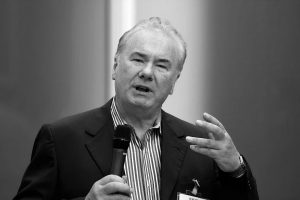
Blue Ocean: What’s one lesson in life that changed your perspective?
David Teece: The biggest lesson for me has been about trust. I trust people easily, and while that sometimes leads to disappointment, it has more often led to good outcomes. Trust brings out the best in others, and even in a low-trust world, I’ve found it worth extending.
Yes, some people take advantage, but most rise to the occasion. That’s why I continue to approach people with trust. It has shaped my relationships and career in positive ways.
Blue Ocean: Is there a particular quote or piece of advice that has guided you through your career?
David Teece: I’ve always been an optimist, a glass-half-full person. Purpose drives me, and it keeps me focused even in noisy or difficult environments. When I feel I’m on a mission, I can block out everything else and stay productive.
For me, success isn’t about money. It’s about working on things that matter. People like Steve Jobs didn’t build Apple just to get rich. He was on a mission: to bring personal computing to the masses in a user-friendly way.
People who accomplish things are usually on a mission. If your mission is only about making money, you might attract some people. But if your mission is broader—if it’s about creating something valuable and bringing people together—that’s when others rally around you.
For a quote, I like the lines, and particularly the last line, of Alfred Lord Tennyson’s Ulysses:
Tho’ much is taken, much abides; and tho’
We are not now that strength which in old days
Moved earth and heaven, that which we are, we are;
One equal temper of heroic hearts,
Made weak by time and fate, but strong in will
To strive, to seek, to find, and not to yield.
Blue Ocean: What hobbies or interests do you enjoy outside of work?
David Teece: I am a boating person and I enjoy sailing. I also like off-roading, hiking, and spending time in the mountains. These activities help me reset and reconnect with the outdoors with my kids and my friends and their friends too.
I also love architecture, building, and investing. I prefer investing over consuming, which is contrary to what economics teaches. Economics suggests that people invest to consume. For me, investing is consumption… and much of my investing is long term and will pay off handsomely when I’m not around anymore. However, putting energy into something I believe in gives me real satisfaction.
Conclusion
David J. Teece’s journey reflects a rare blend of scholarship, entrepreneurship, and global impact. From shaping the foundations of strategy through frameworks like dynamic capabilities to advising governments and building successful enterprises, his work bridges theory and practice in meaningful ways. Grounded in curiosity, resilience, and trust, Teece continues to guide how organizations navigate innovation, uncertainty, and change while reminding us that ideas, purpose, persistence, and a big heart are at the heart of lasting success.
Do you have a personal or professional story that can inspire other people into becoming the best version of themselves?
You are welcome to share your journey with our audience.

